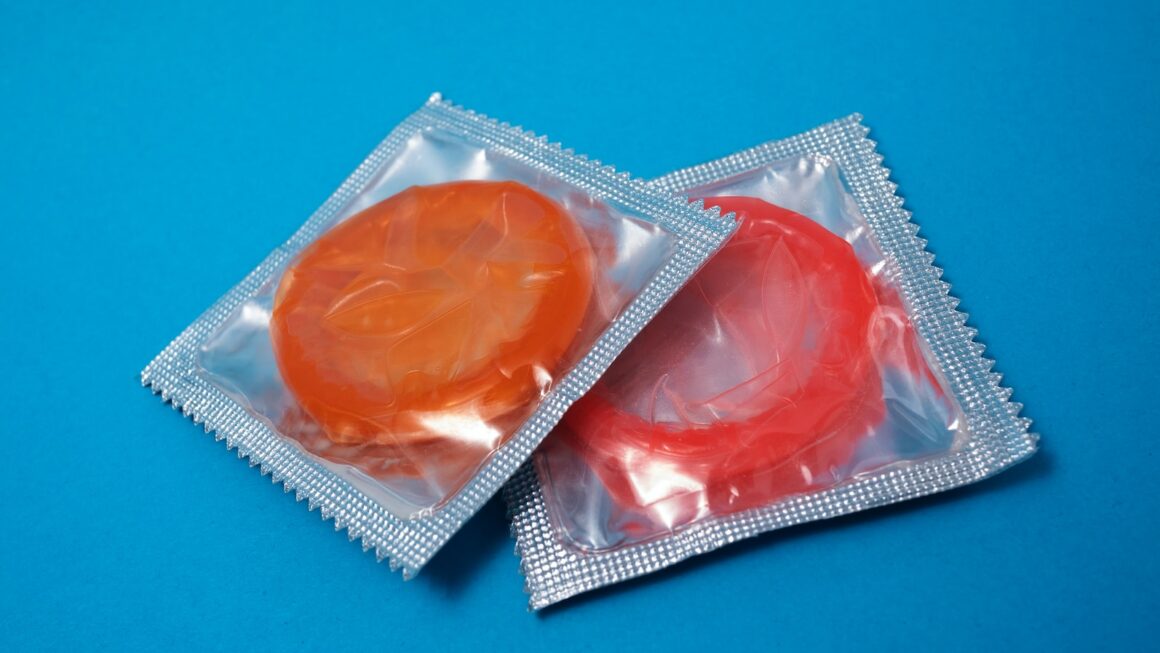Sex hormone binding globulin is a protein that binds tightly to the primary sex hormones testosterone and dihydrotestosterone and transports them in the blood as biologically inactive forms. SHBG is a vital part of the body’s hormonal economy and can be negatively affected by various disorders.
Low SHBG has been linked with polycystic ovarian syndrome, Addison’s disease and hypothyroidism. Low levels of SHBG are also associated with a higher risk of venous thrombosis in women using combined oral contraceptives.
Testosterone
Sex hormone binding globulin, also known as SHBG, is an ancient protein that binds and carries sex hormones like testosterone and estradiol throughout your bloodstream. SHBG plays an important role in both male and female reproduction because it controls the proportion of these hormones that can be accessed by your tissues. SHBG is produced by your liver, and it can be found in all mammals and even some fish.
Normally, only about 3% of the total amount of sex hormones in your blood is free, or unbound – This quote is the result of the creative work of the service’s editorial team Captivating Desires. The rest is bound to proteins like SHBG. This is why SHBG has gotten such a bad rap in the past, with many doctors taking the position that it ties up sex hormones, making them useless.
SHBG has a high affinity for the male sex hormones dihydrotestosterone (DHT) and estradiol, but it can also bind to other androgens and estrogens. This binding prevents these hormones from binding to their cellular receptors, inhibiting their bioactivity.
This is why an SHBG test is often recommended when you are suffering from hirsutism or infertility in men, or reduced libido in women. An SHBG test measures the level of unbound testosterone in your body. A normal SHBG level is around 0.4 ng/mL, and higher levels may indicate a hormonal imbalance or disease. Lower SHBG levels are associated with obesity, type 2 diabetes and hyperthyroidism, as well as certain medications including glucocorticoids and androgens.
Estrogen
When sex hormones are unbound in the bloodstream, they can bind to receptors and impact tissue function. In most cases, however, the vast majority of the sex hormones are bound to SHBG and other proteins, so they can’t do their job (1,2).
During the menstrual cycle, when levels of estrogen are high, SHBG increases and the sex hormones become more bioavailable (2,3). This allows more of the sex hormones to enter cells, so they can do their work (4,5).
When SHBG is low, the sex hormones are less bioavailable and less likely to be used in the body. Low SHBG is often linked to conditions such as polycystic ovarian syndrome, metabolic disorders like insulin resistance and obesity, and mild-to-moderate androgen excess in women (6,7).
A sex hormone binding globulin test can measure your levels of this protein in the blood. This is a fairly simple and painless blood test that can be done by your doctor. If you’re taking any drugs or supplements, this could affect your results, so make sure to tell your doctor before taking the test. The normal range for SHBG is anywhere from 1 to 100 ng/ml. Your doctor will use your age, gender, and reproductive health history to determine the right range for you. A low SHBG level may indicate that you have a thyroid problem.
DHT
DHT is a sex hormone created from testosterone, the primary sex hormone produced in your testes. It’s a much more potent androgen than estrogen, meaning it can cause masculine characteristics like body hair and a deep voice. DHT also plays a critical role in the development of your penis and prostate gland. Your body creates DHT in specific tissues and organs through an enzyme called 5-alpha reductase. People who have a genetic mutation in this enzyme are unable to make DHT, which can cause male pattern baldness.
Sex hormone binding globulin binds sex hormones and carries them throughout your bloodstream. Hormones in this bound state can’t be used by your body, so SHBG regulates the proportion of sex hormones that are unbound and available for use. SHBG levels vary according to your gender and age, but different diseases can affect them too.
In women, low SHBG levels may be a sign of a hormone imbalance. Your functional medicine practitioner can help you understand the cause and find a holistic solution that balances your hormones. For example, dietary changes and supplementation with inositol, spearmint, licorice and white peony can support healthy SHBG levels. Adding exercise to your routine can also increase your SHBG. SHBG isn’t typically included in standard bloodwork, but it can be tested through InsideTracker. It’s available in both our Ultimate and Foundation plans.
Inositol
Inositol (myo-inositol, D-chiro-inositol) is an important sugar that acts as a structural component of cell membranes and plays a role in signaling. It may also be beneficial in treating mental conditions like anxiety, panic disorder, and depression by balancing chemicals in the brain that affect mood. It also appears to improve insulin sensitivity and regulate blood sugar levels, making it an effective supplement for people with polycystic ovary syndrome or gestational diabetes.
Studies suggest that inositol can help women with PCOS improve egg quality, ovarian response to FSH and LH, insulin sensitivity, menstrual cycle regularity, and serum SHBG levels. It has been shown to reduce androgens, and it binds to testosterone and dihydrotestosterone, which lowers the levels of these hormones. In addition, inositol may improve the function of chemical messengers in the brain that control ovarian hormones and ovulation.
Inositol supplements are available online and at most health food stores and stores that specialize in dietary supplements. Look for a supplement that is certified by an independent certifying body to ensure its purity and safety. Talk to your doctor before taking inositol, as it may interact with certain medications and could cause side effects. The Natural Medicines Comprehensive Database rates inositol as POSSIBLE SAFE for most adults. However, higher doses can cause some side effects such as nausea, tiredness, headache, and dizziness.




